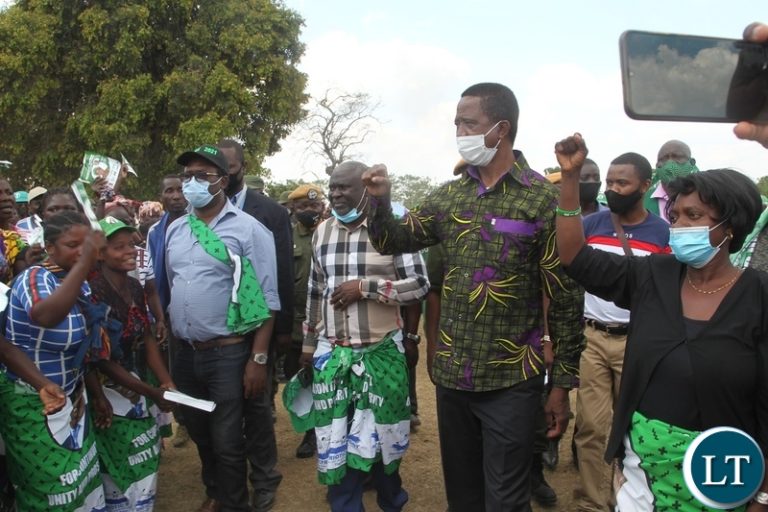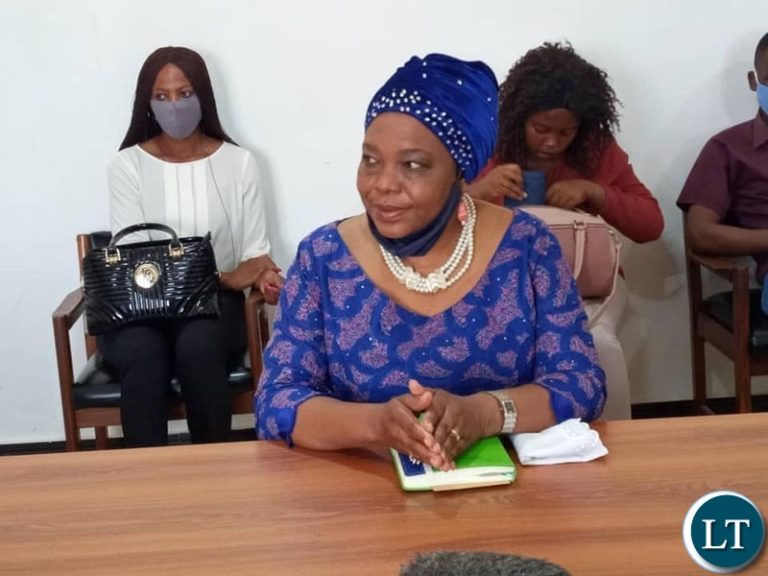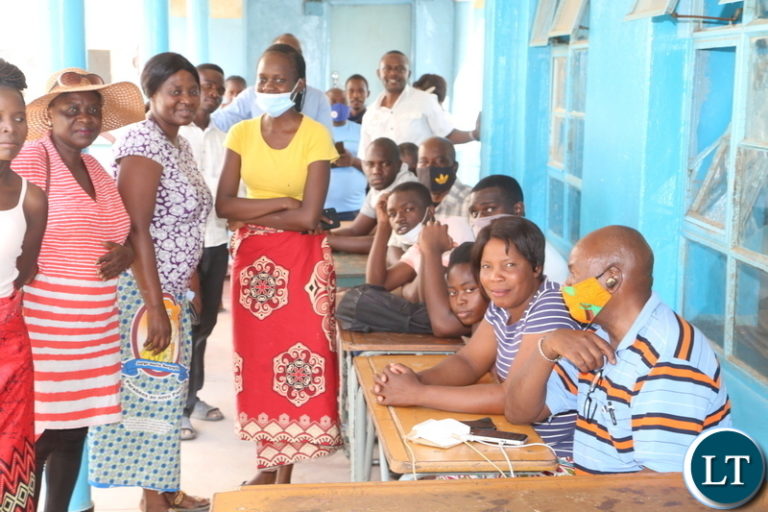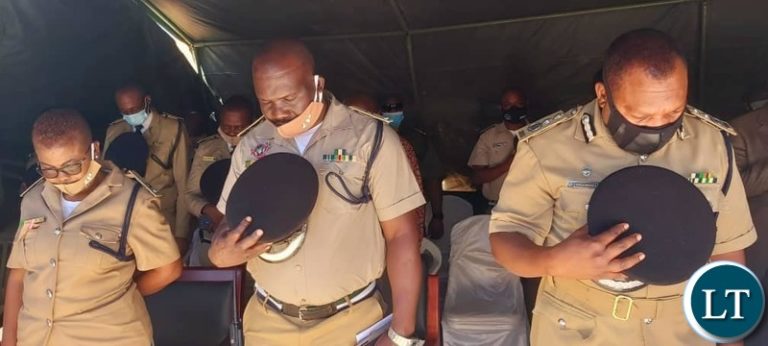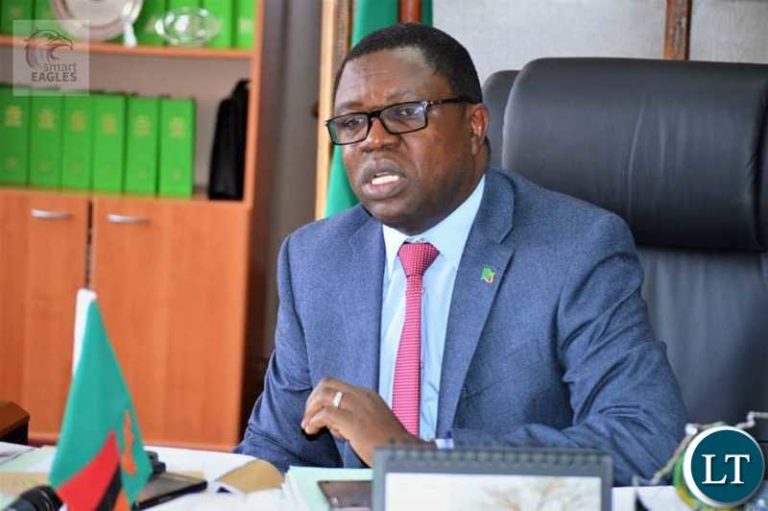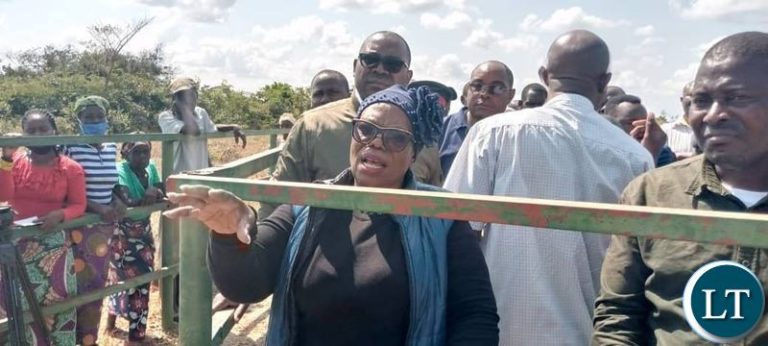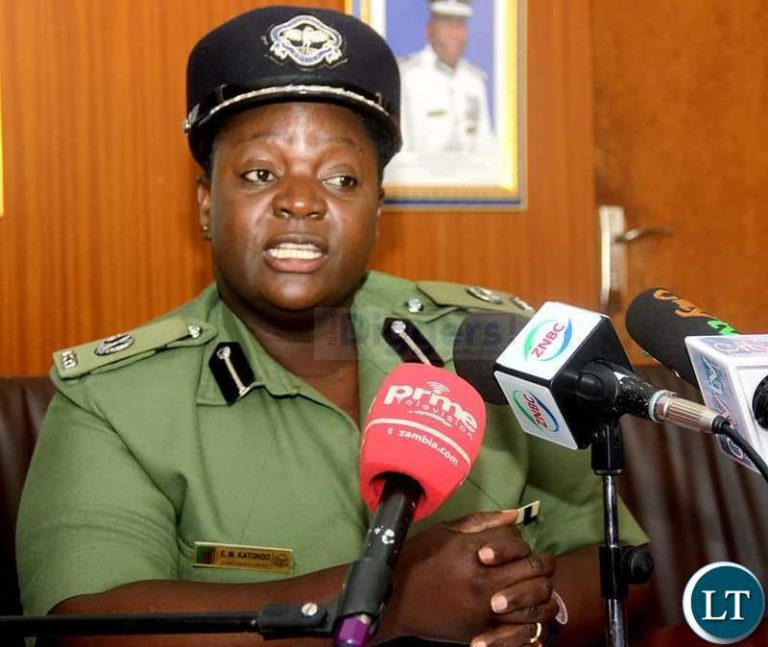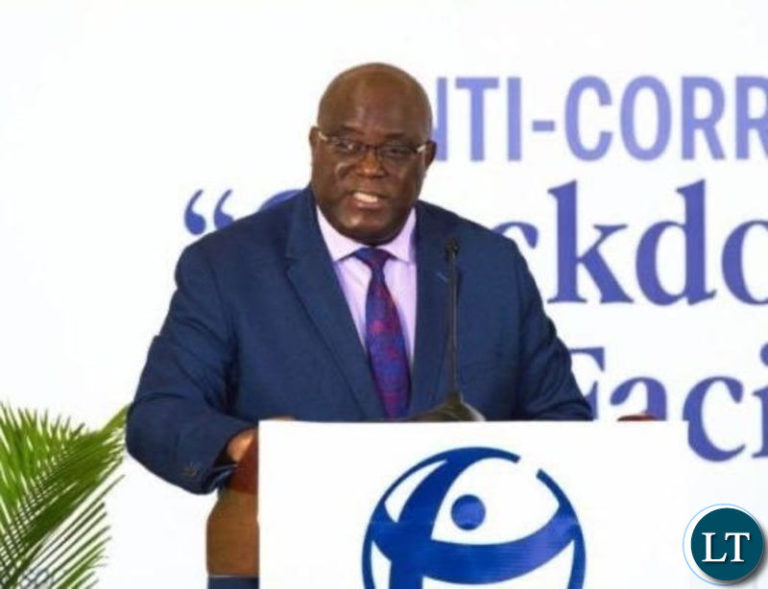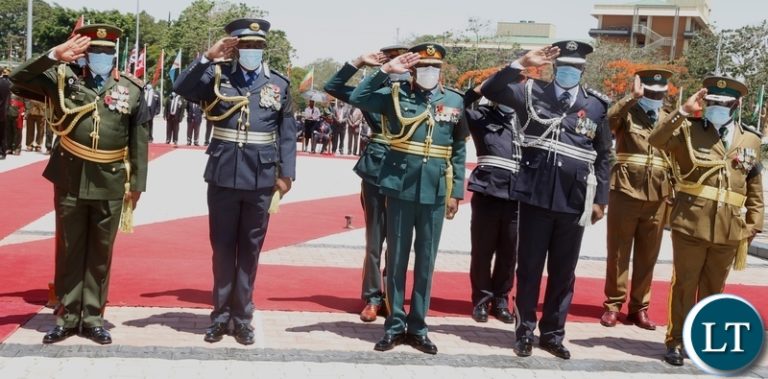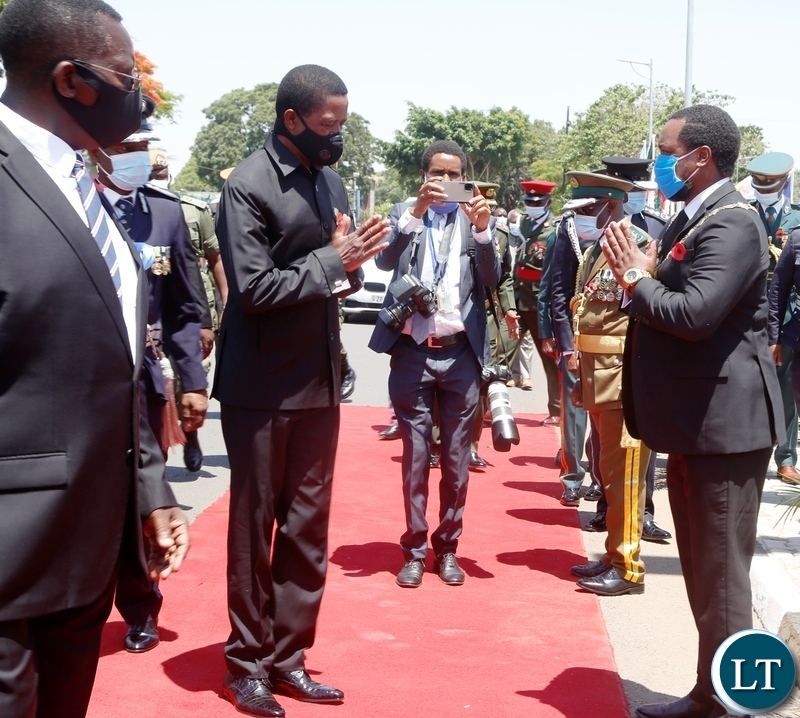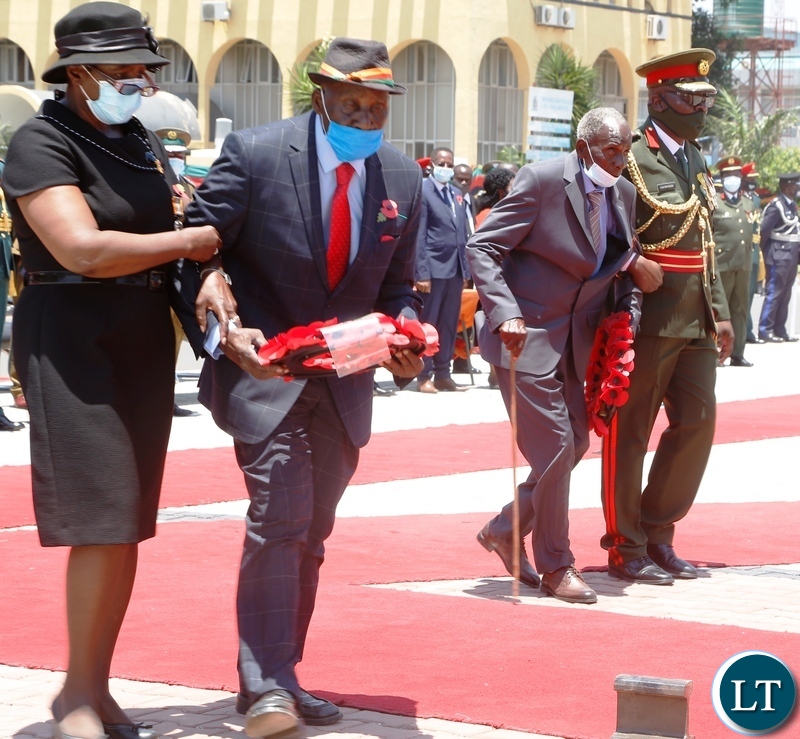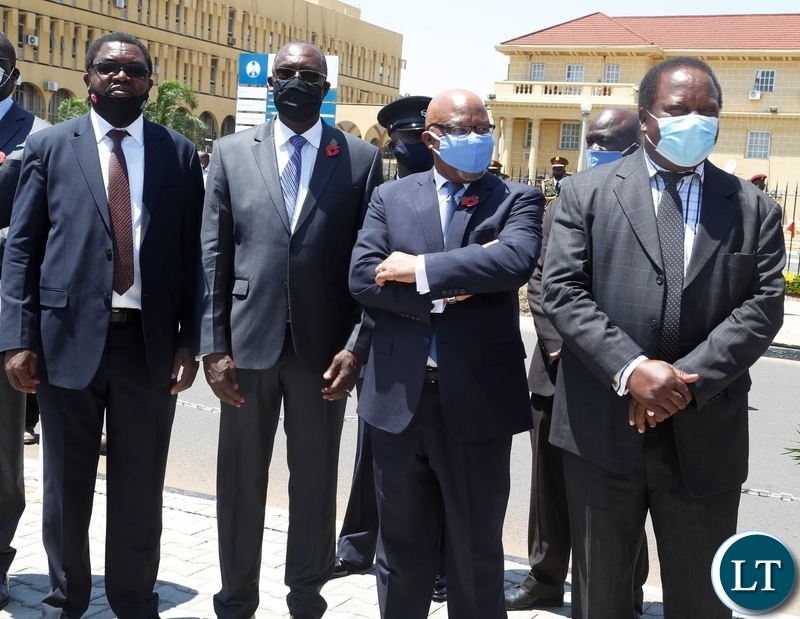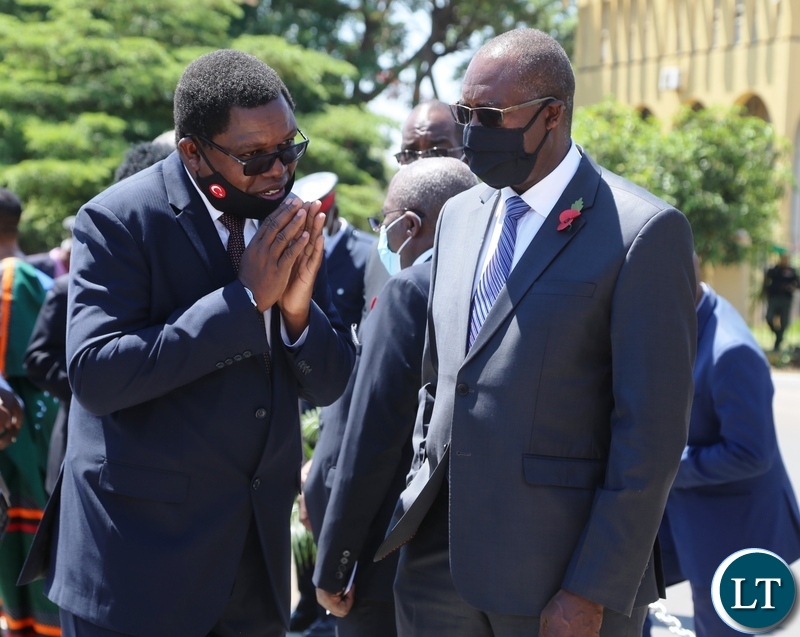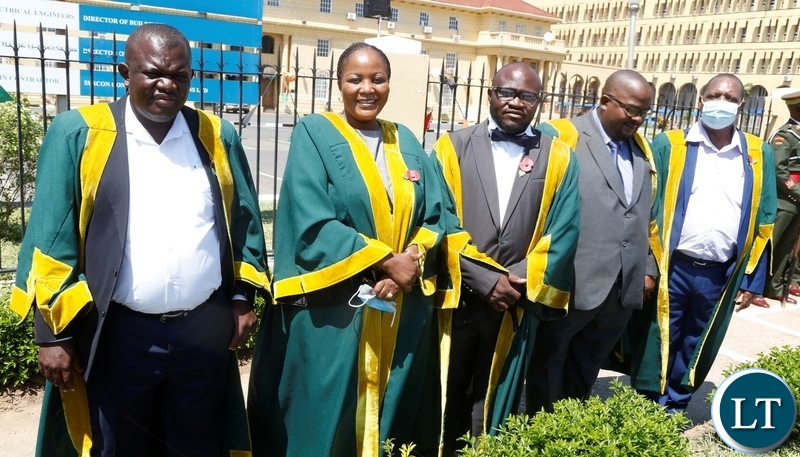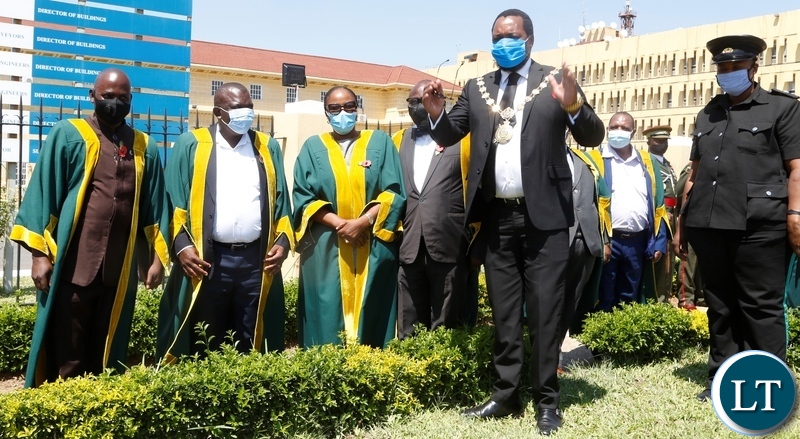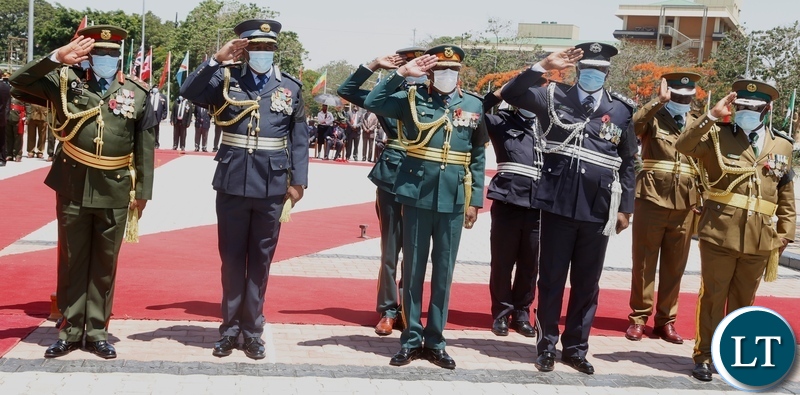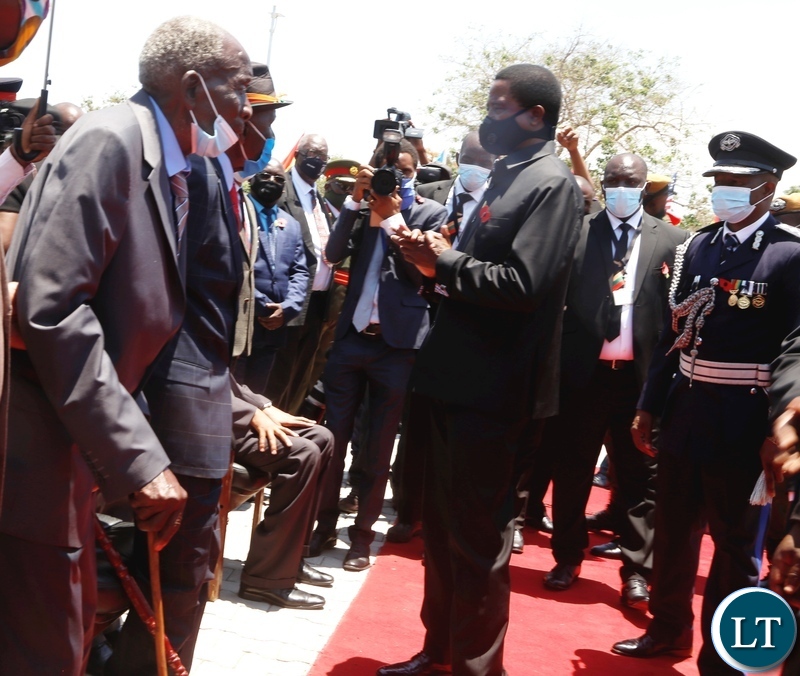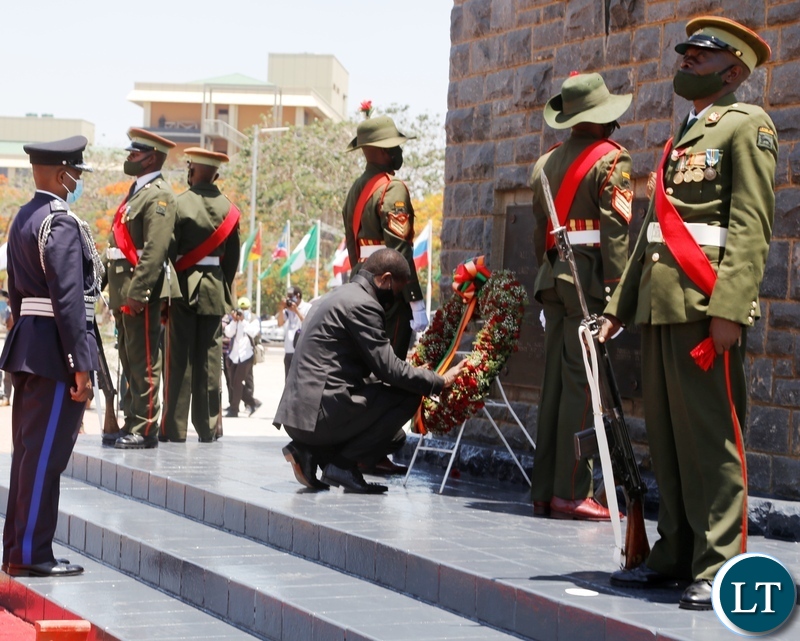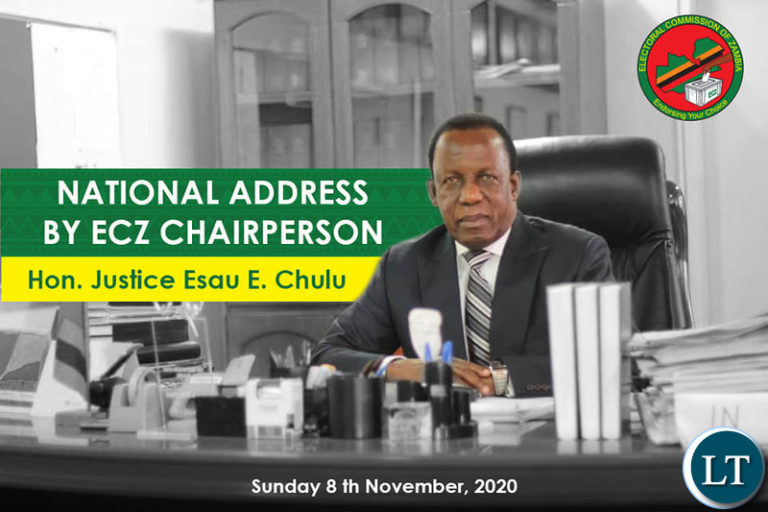President Edgar Lungu has promised to uplift the wellbeing of traditional leaders. The President made the assurance after noting the importance of traditional leaders in the governance system.
President Lungu said government is aware of the vital role traditional leaders play in the governance of the country and hence pledged to care for them.
The Head of State further noted that construction of Chief’s palaces is an ongoing programme despite financial challenges
He said that government intends to work with other stakeholders so that palaces are constructed for traditional leaders to live comfortably.
The President was speaking in Mumbwa yesterday afternoon during a meeting with traditional leaders in response to various challenges that were presented before him.
“As government we are responsible for traditional leaders. We know chiefs are useful but they can only be so when they are comfortable,” the President said.
“The construction of palaces, we remain committed to that even though funds are not available. We are working on it and we will approach other stakeholders whom we know are able to work with us,” he said.
The President added that apart from construction of palaces, government is among other things looking into the issue of transport and subsidies for Chiefs.
And President Lungu further hinted that government desires to see that Mumbwa district like any other town receives improved health care services for the people.
And President Lungu noted that the Ministry of health is working hard in ensuring that newly constructed health facilities are equipped with needed machinery, drugs and human resource to provide health services closer to families and only leave referrals to bigger hospitals.
“We want to provide hospitals with new equipment, human resource and everything that is needed. I will call Minister of Health to find out the status for Mumbwa and also on the issue of ambulances for the district for feedback,” he said.
Earlier, Chief Mulendema who represented other traditional leaders, requested the Head of State to look into transport issues for Chiefs and ambulances for Mumbwa District Hospital and health centres.
The traditional leader also among other things requested President Lungu to consider construction of feeder roads, Chief’s palaces and to help with maintaining of discipline among their subjects.
Other traditional leaders present at the meeting were Chief Moono, Chief Shakumbila, Chief Kaindu and Chief Chibiluma.


